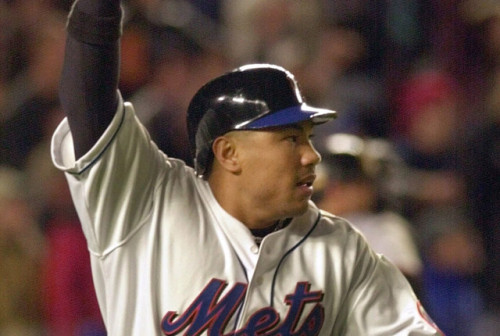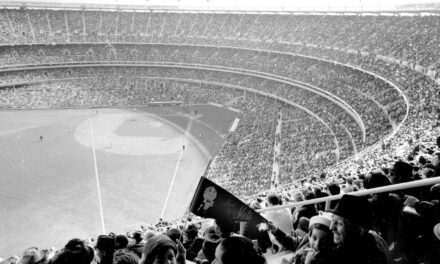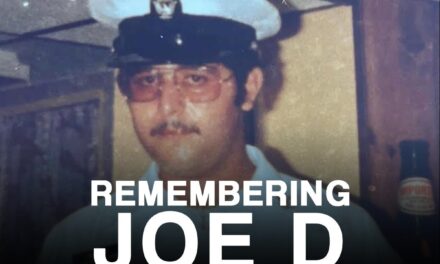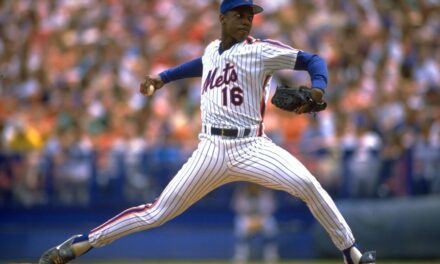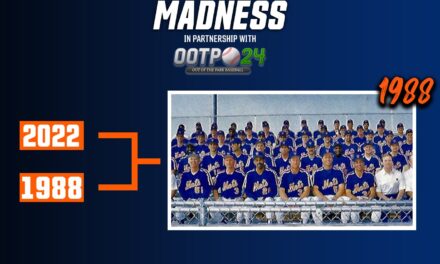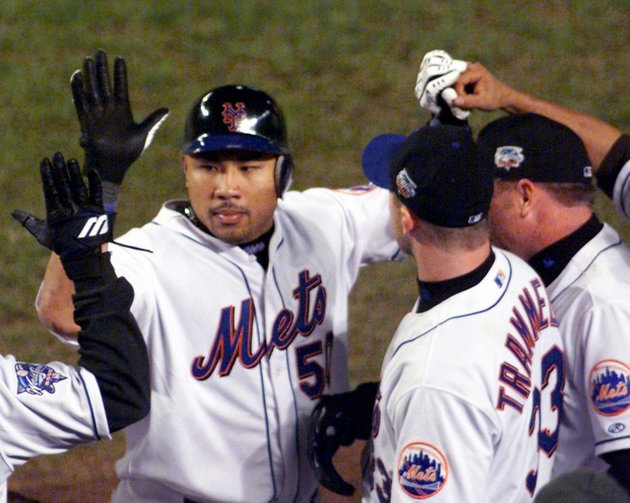
The Division Series match-up pitting the Mets against the 97-win Giants assumed the usual headliners: New York’s duo of Mike Piazza and Edgardo Alfonzo along with San Francisco’s power odd couple of Barry Bonds and former Met Jeff Kent, the likely MVP of the National League.
Postseason baseball, though, has a way of placing the spotlight on the unheralded — those who happen to be in the right place at the right time.
The Mets’ four-game triumph over the Giants provided a recurring reminder of that theory, as a cluster of unlikely stars — each with their own journey to the October stage — was the difference in New York’s ascension into the League Championship Series.
Take Jay Payton, who spent the better part of five years after being drafted as a first-round pick on and off the disabled list while rehabbing from three separate elbow surgeries to finally make it as a major league rookie in 2000 and then delivering the game-winning hit in Game 2.
Take John Franco, the once longtime closer supplanted by Armando Benitez last September when Franco was sidelined with an injury to the tendon of his finger and had been relegated to set-up man ever since before being called on to close out Game 2 with a dramatic strikeout of Bonds.
Take Benny Agbayani, who was not supposed to make the Mets’ roster out of spring training and was on the verge of being sent to the minors early in the season and had asked to be traded from the organization, cementing his name in Mets postseason lore with his walk-off homer to end a five-hour, 13-inning contest in Game 3.
And take Bobby Jones, a Met since 1993 but left off the playoff roster in 1999 and gave no reason to keep him on the rotation after starting this season, delivering one of the finest pitching performances in the annals of October in the deciding Game 4.
The Mets’ second straight playoff trip started with a stumble.
The offense was muzzled in the opener by Livan Hernandez (the 1997 LCS and World Series MVP) coupled by a stingy Giants bullpen, while a four-run third against Mike Hampton paved the way for a 5-1 road defeat for New York on a Wednesday afternoon at brand-new Pacific Bell Park.
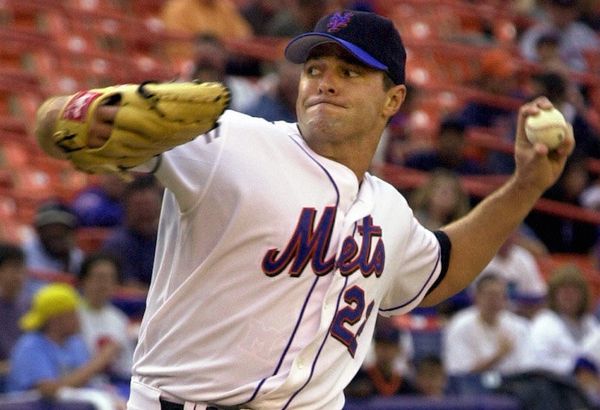
That loss, though, appeared to be nullified by the sharp outing of Al Leiter in Game 2.
Supplied with plenty of big-game experience, Leiter sought to even the best-of-five series as he held a 2-1 lead through eight.
That slim advantage grew larger when Edgardo Alfonzo provided some insurance with a two-run homer in the top of the ninth.
Manager Bobby Valentine sent Leiter out for the bottom half, but quickly got yanked in the wake of a leadoff double from Barry Bonds.
Benitez entered and heart rates around New York soon escalated. Continuing an all-too recurring pattern of postseason failings, Benitez couldn’t protect the lead Leiter had so well preserved.
Two outs from victory and two runners on base, first baseman J.T. Snow sent one high and deep enough to sneak over the 24-foot high wall in right field and stayed to the left of the foul pole.
New York’s momentum had been shattered on Snow’s tying homer. But after Benitez got out of the inning, the Met offense put the pieces back together in the tenth. Darryl Hamilton made a key baserunning decision by stretching his two-out base hit into double.
With a runner in scoring position, Payton entered the picture. He ripped a two-out single up the middle. Hamilton raced home and beat the throw to put New York back on top.
Benitez was still in the game, but not for long.
He gave up a leadoff single from Armando Rios to start the bottom of the tenth.
Now it was Franco’s turn.
He had saved 420 games during his career — 272 of them as a New York Met, more than anyone has for this franchise.
But this save would be his biggest to date.
After a bunt and a fielder’s choice on a terrible baserunning play by Rios trying to get to third base, up stepped Bonds.
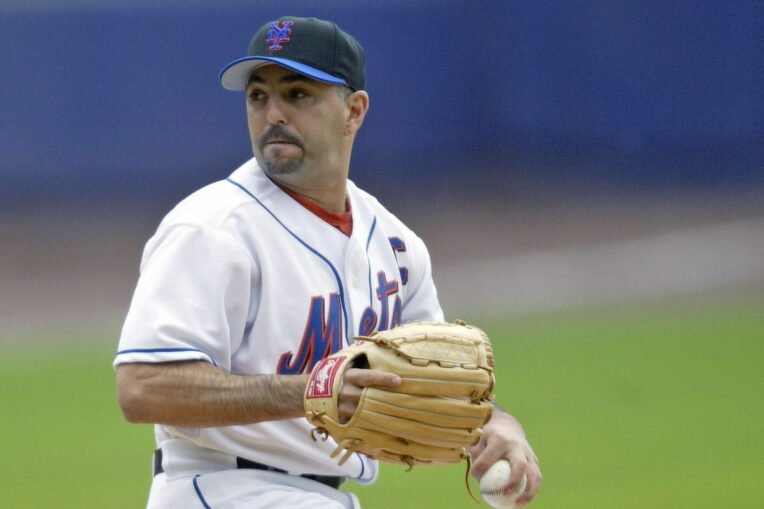
The count went full, and Franco went with an inside changeup. Bonds didn’t offer and took a borderline strike three.
To the Mets, it was a brilliant call from home plate umpire Gary Cederstrom and the punctuation on a heart-stopping, must-have contest that showed the best of their character.
And if Game 2 wasn’t enough drama, Game 3 at Shea Stadium offered plenty more. New York once again strode perilously close to defeat, down 2-1 with two outs in the eighth and Lenny Harris on second.
Luckily, they had a man at the plate who had a penchant for coming through in the clutch. Edgardo Alfonzo, who delivered many big hits during last year’s playoffs, did it again — a double to left field that scored Harris and helped send it into extras.
It lasted into the 13th, more than five hours old, before Agbayani faced Aaron Fultz.
The Hawaii native had become a cult hero in his brief time with the Mets.
Fans embraced his underdog story, making it to the big leagues without resembling the prototypical baseball player physique.
They had pretty much forgiven his gaffe on August 12 against these same Giants, when he momentarily thought an inning ended after making a catch with a runner at third and handing the ball off to a youngster in the stands.
Now, Benny was about to completely eradicate that memory and provide a more lasting one.
Agbayani blasted Fultz’s pitch into the crowded stands in left-center field, flipping his bat and taking a most satisfying stroll around the bases before plunging into a sea of teammates around home plate and then being lifted on their shoulders.
He was more than a cult hero. He was a postseason hero.
”Bobby Valentine told me things have a way of working out,” Agbayani said to The New York Times.
”I didn’t understand that. Now I do.”
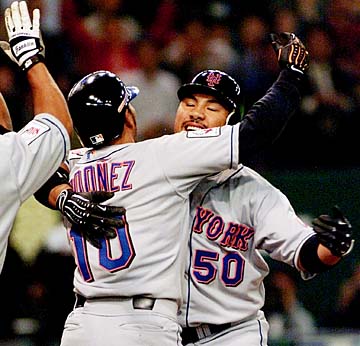
Valentine recalled another prophetic conversation with Kristi Jones, wife of Bobby, ahead of her husband’s critical outing upcoming in Game 4 with an NLCS berth at stake.
“You won’t be sorry,” she allegedly told him. “He’ll pitch the game of his life.”
Jones had steadily improved since returning from a demotion during the regular season — going 8-2 with a 3.98 ERA during the second half after a 1-3 record over his first eight starts and a dreadful 10.19 ERA in 32⅔ innings.
He was even an All-Star in 1997.
Yet there was no earthly reason to believe a gem was waiting in the wings.
Against the powerful Giants offense, Jones set them down in order through four innings.
Kent led off the fifth by lacing a shot just above the outstretched reach of third baseman Robin Ventura, who had provided early offense in the form of a first-inning two-run homer.
Kent’s double was followed by two walks before Jones escaped the jam.
The New York lead grew to 4-0 and Bobby asserted his dominance even further.
With pinpoint control and changing speeds, San Francisco batters were retired in methodical fashion — rendered helpless by a pitcher who just four months ago didn’t know if he’d be a major leaguer again, let alone a postseason pitcher.
The finishing touch on this masterpiece came against Barry Bonds, a meager 3-for-17 in the series, who lifted the first pitch he saw into center field.
Jay Payton raced over to his right and made the catch.
Jubilant teammates mobbed the pitcher with the common name who had achieved an uncommon feat — what was then just the sixth one-hitter in playoff history.
It was a performance nobody saw coming.
Nobody, except for Kristi Jones.
If avoiding a trip back to the west coast for a deciding fifth game by winning the series didn’t sufficiently boost the Mets’ spirits to the hilt, then this bit of news did: the Cardinals had beaten the Braves in the other Division Series.
The biggest obstacle in their World Series path was cleared.


